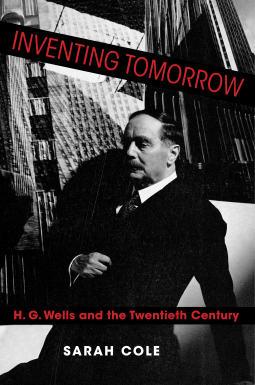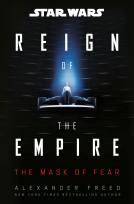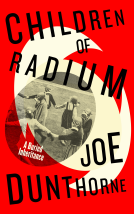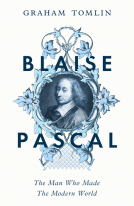
Inventing Tomorrow
H. G. Wells and the Twentieth Century
by Sarah Cole
This title was previously available on NetGalley and is now archived.
Send NetGalley books directly to your Kindle or Kindle app
1
To read on a Kindle or Kindle app, please add kindle@netgalley.com as an approved email address to receive files in your Amazon account. Click here for step-by-step instructions.
2
Also find your Kindle email address within your Amazon account, and enter it here.
Pub Date Oct 22 2019 | Archive Date Dec 24 2019
Talking about this book? Use #InventingTomorrow #NetGalley. More hashtag tips!
Description
In Inventing Tomorrow, Sarah Cole provides a definitive account of Wells’s work and ideas. She contends that Wells casts new light on modernism and its values: on topics from warfare to science to time, his work resonates both thematically and aesthetically with some of the most ambitious modernists. At the same time, unlike many modernists, Wells believed that literature had a pressing place in public life, and his works reached a wide range of readers. While recognizing Wells’s limitations, Cole offers a new account of his distinctive style as well as his interventions into social and political thought. She illuminates how Wells embodies twentieth-century literature at its most expansive and engaged. An ambitious rethinking of Wells as both writer and thinker, Inventing Tomorrow suggests that he offers a timely model for literature’s moral responsibility to imagine a better global future.
Advance Praise
"Sarah Cole transforms our view of H. G. Wells, not only seeing him as a pivotal figure in his own world but also, with subtlety and conviction, connecting him with his modernist contemporaries. Wells emerges in this detailed, cogent, and incisive study as a complex and fascinating thinker filled with contradictions, combining moral force with artistic restlessness. He was headstrong, engaged, combative, innovative, industrious, fearless, and prophetic. Inventing Tomorrow does justice to his vast range of work while emphasizing how Wells must be placed at the core of any consideration of intellectual life in the early twentieth century."
—Colm Tóibín, author of Brooklyn: A Novel
Available Editions
| EDITION | Other Format |
| ISBN | 9780231193122 |
| PRICE | $35.00 (USD) |
Links
Featured Reviews
H.G.Wells was such a significant figure to the 19th century literary (and 20th century film) world(s) that this gem of a book will be snatched up by anyone interested in his coterie of friends/writers and for some new thoughts on his overall impact and a sense of the relationships that existed between these people. I had hardly dived in before I found Cole's comments gave me immense food for thought--for instance, she offers Virginia Woolf as Wells' foil while pretty much glossing over Rebecca West, a favorite of feminist readers and far more significant than she (West) was given credit for being. Another interesting relationship is that of Wells and Joseph Conrad. The reader comes away with a different presentation of Conrad (and his literary relationship with/influence on Wells) than is presented by Helen Smith in An Uncommon Reader, where the latter author showed Conrad to be a needy person who leaned on editor Edward Garnett. Upshot? If you love 19th century literature, you should want to look at this book. Thank you #NetGalley #Columbia University Press

















